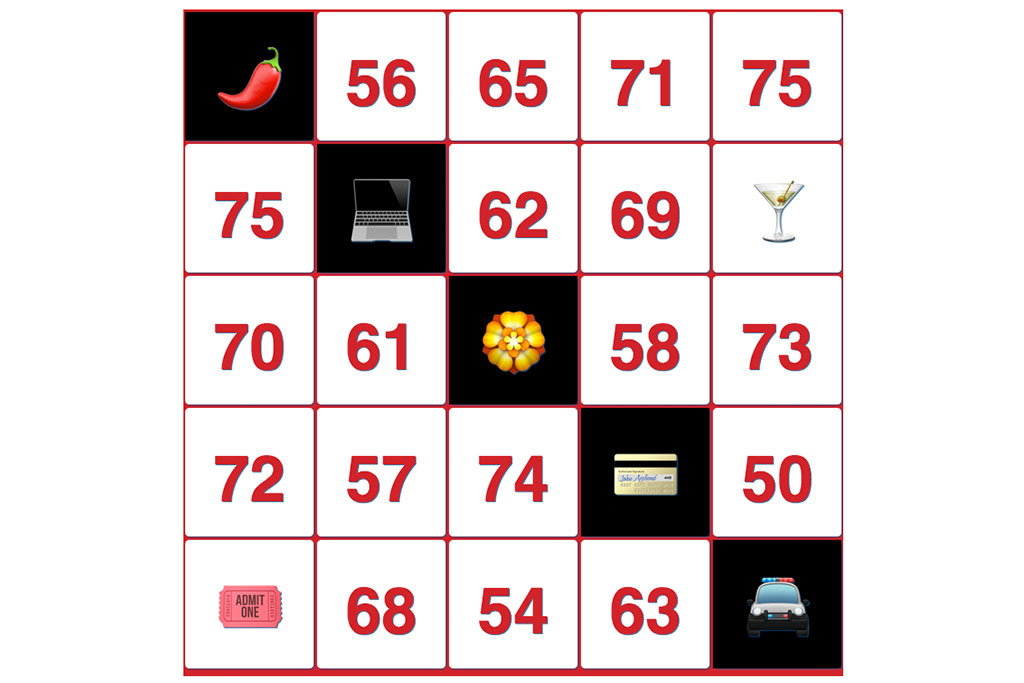- Home
- /
- Future Students
- /
- Academic Programs
- /
- M.A. in Journalism
M.A. in Journalism
The course of study for the M.A. in Journalism degree is challenging and hands on.
Students complete 43 credits of course work in as few as 16 months, or they can extend their studies over a longer period to accommodate work and family obligations. All students work at a required summer internship that we guarantee will be paid and can take free January Academy enrichment workshops between the fall and spring semesters.
The curriculum is built upon a core of seven common courses, followed by a wide range of classes in different media formats and subject matter. All students must also complete a capstone project. (Please note that we do not accept transfer credits from other schools.)
The core courses stress the foundation skills and knowledge that all good journalists must have, including reporting, writing and editing skills, and analytic thinking needed to deal with complex subjects. Other core courses cover journalistic ethics and legal issues, broadcast fundamentals, and fundamentals of interactive media such as data journalism, multimedia presentation, web site design, and audience engagement strategies.
Students studying for the M.A. in Journalism may concentrate in one media format — print, video, broadcast TV, documentary, photo, audio, or data — or may choose courses across formats, depending on interests and career goals.
We also offer a bilingual variation of the M.A. in Journalism for students fluent in Spanish and English.
Curriculum Highlights
Sample Semester Schedules
Students have the flexibility to enroll in the number of credits that suits their personal situation. Below are three models based on credits of coursework per semester. Each of these models would qualify students as full-time in the program. However, students are not limited by these models. They may take fewer than nine credits per semester, spreading the program out beyond four semesters. Students who register for at least six credits are still eligible for federal student loans. International students cannot go below full-time status (9 credits) and maintain their student visa. Students may also increase the number of credits planned for future semesters. They will be required to discuss their plans with their academic advisor before each subsequent semester in order to ensure continued progress in the program.
Three-semester Timeline
Semester 1 (Fall)
- Craft (5.5cr)
- Legal and Ethical Issues (2cr)
- Audio (2cr)
- Video (2.5cr)
- Intro to Data Journalism (3cr)
Winter Session
- Non-credit Workshops (January Academy)
Semester 2 (Spring)
- Advanced Reporting (3-7cr)
- Advanced Research (1cr)
- Subject Concentration (3cr)
- Electives (3-6cr)
Summer
Semester 3 (Fall)
- Subject Concentration (6cr)
- Electives (6cr)
- Summer Internship Class
Winter Session
- Non-credit Workshops (January Academy)
Three-semester Timeline (modified)
Semester 1 (Fall)
Winter Session
- Legal and Ethical Issues (2cr)
- Non-credit Workshops (January Academy)
Semester 2 (Spring)
- Advanced Reporting (3-7cr)
- Subject Concentration (3cr)
- Electives (2-6cr)
Summer Session
Semester 3 (Fall)
- Intro to Data Journalism (3cr)
- Subject Concentration (6cr)
- Electives (3cr)
Winter Session
- Non-credit Workshops (January Academy)
Semester 4 (Spring)
- Electives (3cr)
Four-semester Timeline
Semester 1 (Fall)
Winter Session
- Legal and Ethical Issues (2cr)
- Non-credit Workshops (January Academy)
Semester 2 (Spring)
- Advanced Reporting (3-7cr)
- Subject Concentration (3cr)
- Electives (0-3cr)
Summer
Semester 3 (Fall)
- Video (2.5cr)
- Intro to Data Journalism (3cr)
- Subject Concentration (3cr)
- Electives (2cr)
Winter Session
- Non-credit Workshops (January Academy)
Semester 4 (Spring)
- Subject Concentration (3cr)
- Electives (7cr)
- 6 credits of Electives
Award-Winning Special Reports
Check out some notable multimedia projects produced by our students.

Climate Countdown
This package explores the effects of global warming and what is being done about it, with a focus on New York City.

Food Plight
An investigation of tainted food and unsanitary conditions in New York City’s public school cafeterias.

Breakdown
Our reporters reveal how fractured treatment system leaves New York City’s mentally ill with little place to turn – sometimes with tragic consequences.


